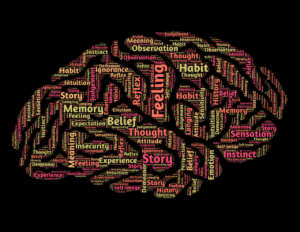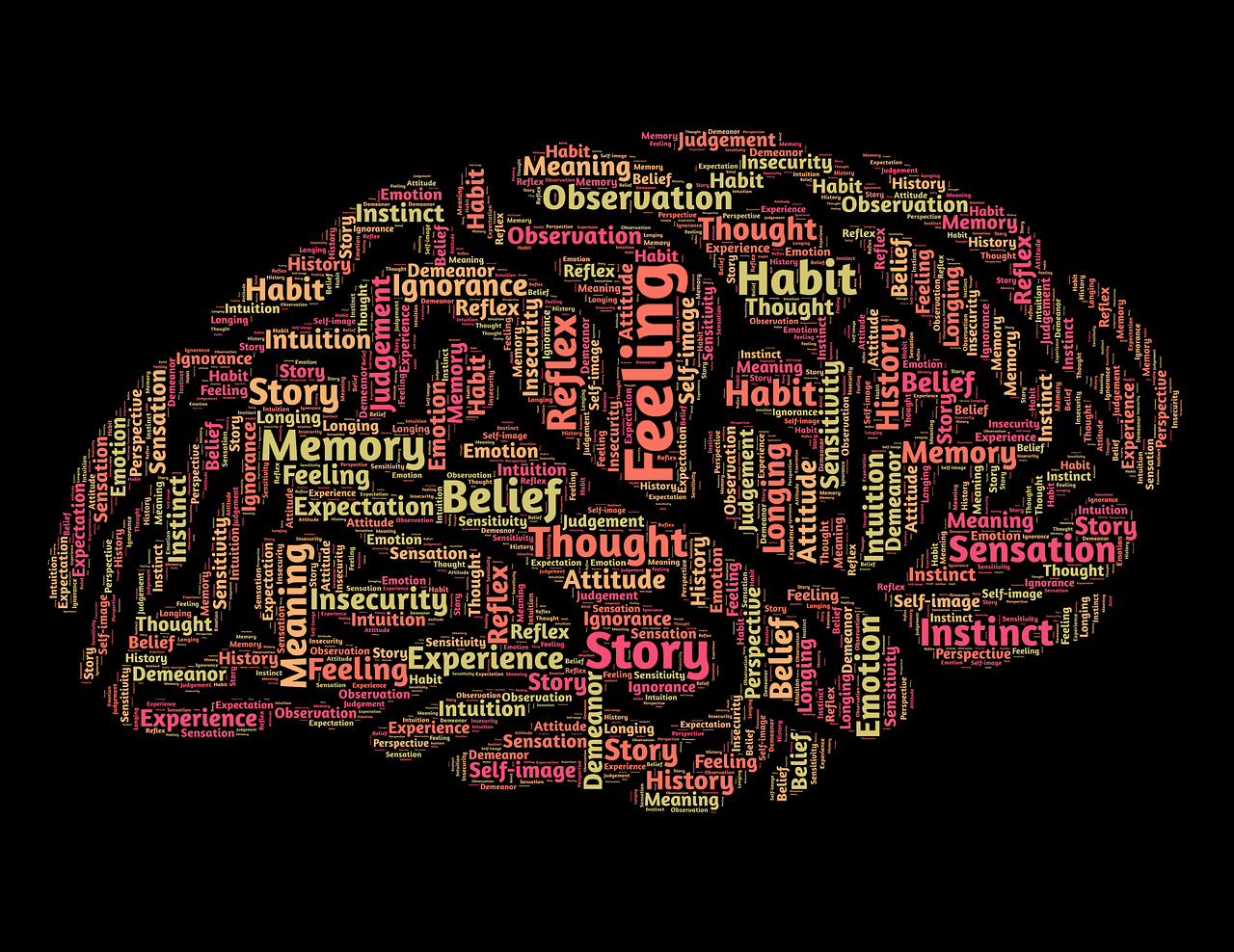[media-credit name=”Johnhain – Pixabay” align=”alignleft” width=”300″] [/media-credit]
[/media-credit]
It’s a given that health is important, both physical and mental. Both are units in health classes and shown at least some significance. The problem is that the focus on physical health overwhelms any attention given to mental health, even though they are equally important. John Bonnett, a therapist at Provo Canyon School and Children’s Counseling Center, says, “Mental health is as important as our physical health, and works hand in hand to allow us to perform at our peak ability. Our mental health is at the core of our emotional and social life. It determines how we deal with everything.” Mental health goes along with physical health and is essentially part of it. If mental health is so important, why is it not addressed as much as physical health? Lexi England, a student at Orem High, says, “Some think that if you just ignore it, it will go away and you’ll never have to deal with it, so they choose not to talk about it.” It can be easy to ignore talking about mental health because the majority of problems are not seen physically. Many mental health issues manifest themselves through thoughts and feelings. Jennifer Brinton, a pediatrician at Primary Children’s Medical Center, says, “It may be easier to recognize when someone is physically disabled than when they are mentally disabled, because brain chemistry just isn’t as visible.” That is the first step to improving the view on mental health: actually talking about it and showing that it is as important as physical health.
But it won’t happen to you so there’s no need to talk about it, right? When learning about mental health, especially the illnesses associated with it, many students feel disconnected with the subject because they have never experienced problems, or no one they know has. Odds are that everyone knows somebody with a mental illness; it is a lot more close to home than most people believe it to be. The National Alliance on Mental Illness published many statistics that show how prevalent mental illness is, proving that it needs to be addressed more. 1 in 5 children ages 13 through 18 have or will have a serious mental illness. According to this, around 240 Orem High students have or will have a serious mental illness in their life. Fifty percent of all lifetime cases of mental illness begin by age 14, and seventy-five percent by age 24. The most shocking statistic is that suicide is the 3rd leading cause of death in people ages 10 through 24, and ninety percent of those had an underlying mental illness. Think we need to talk about it now?
Take those health and psychology classes, ask lots of questions, learn as much as possible, and work to end the negative stigma surrounding mental illness. People with mental illnesses are not crazy or weird. They are no different from anyone else besides the fact that their mind is ill. Brinton says, “When your brain chemistry needs medication to be more normal, how is that different than someone who needs insulin for their metabolism of glucose to be normal?” The brain is a physical organ and like all other parts of the body, it can get sick too. Nobody judges a person for having cancer, so there should be no judgement when someone has depression, or any other illness.
The ways to help someone who is struggling mentally should also be taught because it is guaranteed that everyone will come across someone who needs a little more support. Lexi England says, “The most important thing someone can do for someone struggling is to simply be there. And not just a text message saying you’re there for them, and then never talking to them. But proving to them that you actually mean it and are willing to do whatever you can to help them through it and provide them with the things they need.” This new age of technology has shown that people are connected more through satellite than through face-to-face interaction. A text here and there is nice, but it is key to be there for people in person. It shows true care and concern. Maddie Ybarra, a student at Irvine High, says, “Always be there to listen and to talk. Reassure them that you are there for them. Listen and try to understand that they are going through a difficult time and just need someone there for them.” Again, the most important thing that can be done is supporting the person and not diminishing their feelings and problems. Be a friend and continually show your love. But don’t be the only person they talk to and allow what they are going through to cause you trouble. Take care of yourself as well. Tell them it is okay to have struggles and direct them to trusted adults, if needed.
Along with learning about mental illnesses, it is important to learn how to keep your own mind healthy. This is done through the standard ways of keeping yourself healthy physically. Eating right, exercising regularly, and getting enough sleep are the no-brainers. It’s also important to learn healthy ways to cope with stress and other factors of life, as well as learning how to communicate well with others and serving them. Serving others and making them happy is a good way to give yourself a boost of good feelings. Brinton says, “At times, though, this is not enough, and counseling with a trusted adult, or therapy from a professional, or medical treatment are needed.” There is no shame in getting help with your mental health, just as there is no shame in going to the doctor for physical problems. Never be afraid to speak up about your personal well-being.
Bonnett says, “Having mental health as a teenager is vital. It is in our childhood and adolescent years where we really learn the habits and behaviors that will continue to either help or hinder us throughout our adult life.” All teens can do a better job of taking care of themselves, both physically and mentally. Too many interfere with their health by not getting enough sleep, not eating breakfast, and stressing too much, to name a few. Do the simple things to keep yourself healthy and you can improve your mental state.
Remember that mental health is a very important part of our lives and that anyone can be affected with mental illness. People with those illnesses are normal. Never contribute to the existing stigma that they are insane or looking for attention. Continue to gain knowledge about mental health and mental illnesses so you can be more understanding of others and yourself. If you feel that you may need help, ask for it. Brinton happily states, “Remember, you are not at fault if you feel depressed, anxious, or have other mental health concerns. We are fortunate to live in a time when we have proven therapies and medications that can help us when we need them, to live full and joyful lives!”
If you or anyone you know is struggling with any mental health issues, there are resources available. In particular, the county and nation run 24-hour suicide prevention hotlines. Call the Crisis Line of Utah County at 801-226-4433 or the National Suicide Prevention Lifeline at 1-800-273-8255 if you or anyone you know needs someone to talk to.
Megan Shumway
Latest posts by Megan Shumway (see all)
- The Importance of Mental Health - March 2, 2017
- OHS FCCLA Trains Leaders - November 1, 2016







